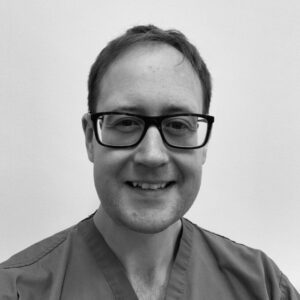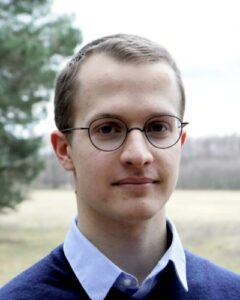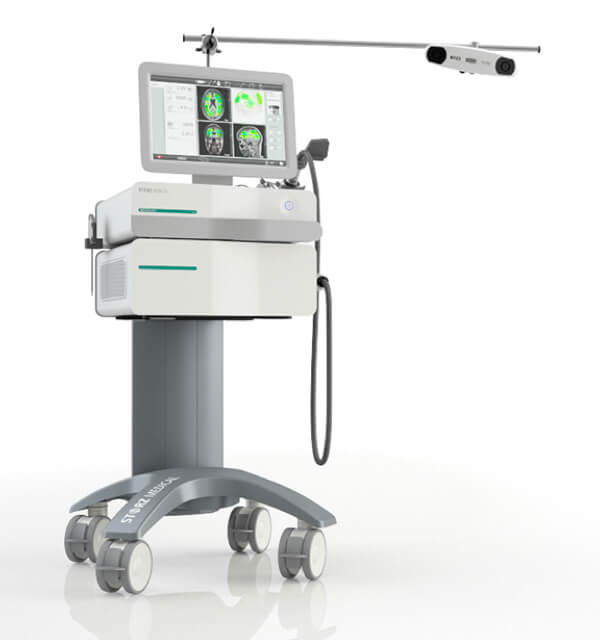The Oxford TPS Clinic offers assessments and treatment for patients suffering from memory problems.
TPS is a new, non-invasive treatment for Alzheimer’s which is used as an adjunct to standard of care. It received a CE mark (regulatory approval) in 2021. The clinic is linked with the University of Reading, and includes a ‘real world’ research project to evaluate TPS.
The clinic is situated within Howberry Park in Wallingford. The beautiful gardens surrounding the historic building make a beautiful setting for a clinic. If you are travelling to the clinic from abroad there are many accommodation options in nearby Oxford.
Oxford TPS Clinic
The Cottage,
Howbery Park,
Benson Lane,
Wallingford,
OX10 8BA
By car: Howbery Park is situated off the A4130 Henley to Didcot road. A one-way restriction means that the direction of approach is from the South via Crowmarsh Gifford. There is free car parking on site.
By train: Didcot Parkway Train station provides quick and easy access to London. Reading/London Paddington by train takes around 30 minutes on a fast train.
The Clinicians

Dr Daniel Casey
Interventional Psychiatrist
Dr Daniel Casey is a doctor interested in helping patients with memory problems and other neuropsychiatric symptoms. He completed a Fellowship in Interventional Psychiatry in Oxford focussing on ketamine and non-invasive brain stimulation (NIBS).
He is completing a research project on the clinical uses of TPS with Dr Eva Feredoes, University of Reading. He read Medicine at Oxford, holds an MA in Neuroscience, is a Member of the Clinical TMS Society, Royal College of Psychiatrists (MRCPsych) and Royal College of Physicians of London (MRCP Lon).

Dr Marco Fabus
Graduate Medic
Dr Marco Fabus is a graduate medic at the University of Oxford. He completed his doctorate there in analysing brain dynamics induced by anaesthetics, aiming to improve clinical monitoring in surgical and psychiatric settings. Before this, he studied for a master’s degree in physics at Oxford, focusing on modelling neural inertia. His research interests span novel medical technologies, neuroimaging, and brain-body interactions. He is an Affiliate of the Royal College of Anaesthetists.
Get in Touch





